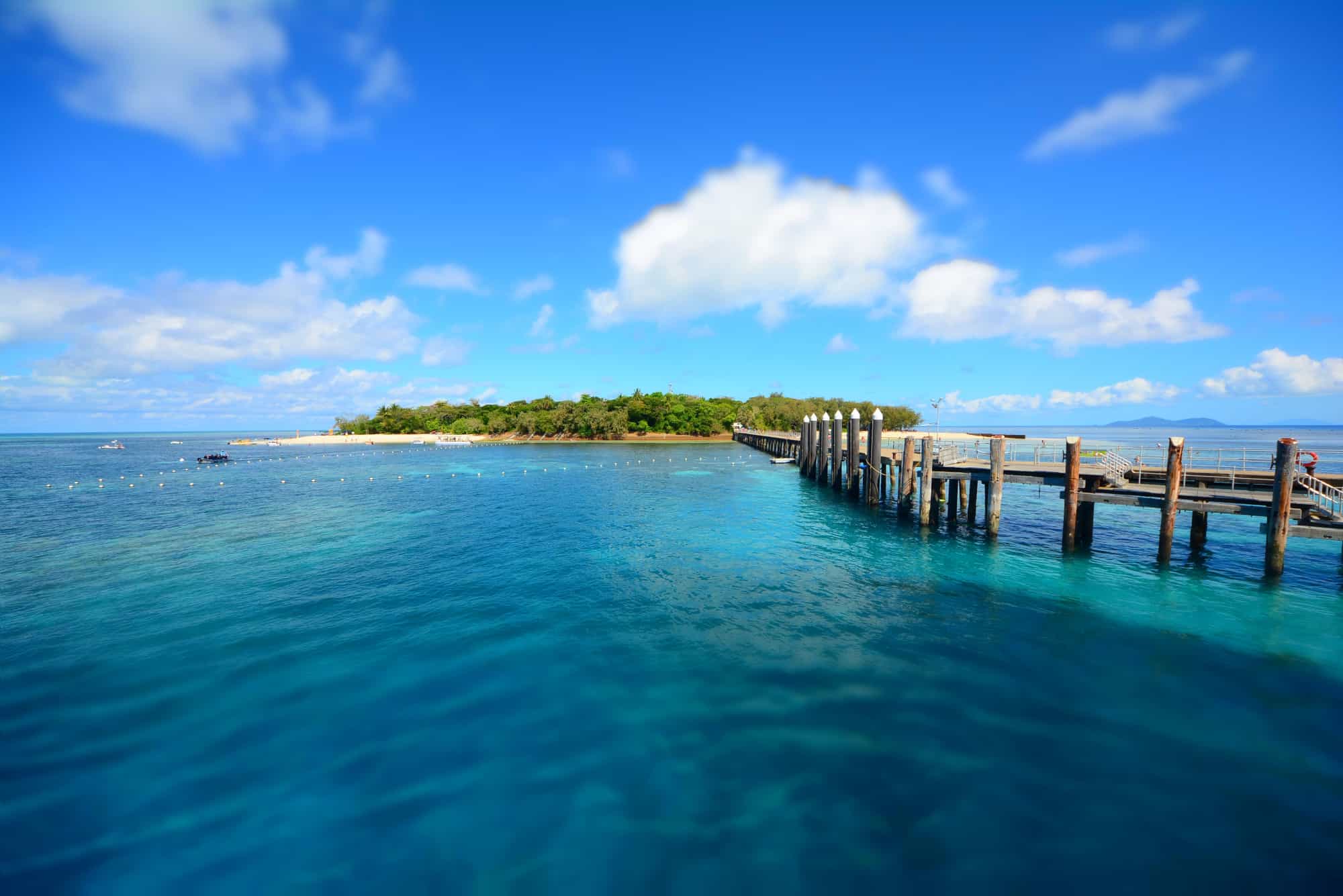

The Coalition is trailing in its 21st consecutive Newspoll, with Labor maintaining its two-party lead of 54-46% and Malcolm Turnbull suffering a setback in his personal ratings.
As parliament resumes, with the energy issue preoccupying cabinet and the government nervously waiting on the High Court’s citizenship decisions, Turnbull’s lead over Bill Shorten as better prime minister narrowed to 41-33%, a margin of eight points, compared with 11 three weeks ago (42-31%).
Turnbull’s net satisfaction in the poll, published in Monday’s Australian, worsened from minus 17 points to minus 24 points. Shorten’s rating also worsened, from minus 20 to minus 22.
The run-up to the poll was marked by Tony Abbott’s controversial speech on climate change, delivered in London. It also saw further public uncertainty over the government’s yet-to-be-announced policy on energy, which cabinet is expected to consider on Monday.
Last week, the government effectively dumped any prospect of bringing in a clean energy target, which kills the chance of any bipartisanship. Opposition spokesman Mark Butler on Sunday told the ABC that if Turnbull walked away from a clean energy target “he won’t get the support of the Labor Party”.
When he challenged Abbott in 2015, Turnbull pointed to the Coalition being behind in 30 Newspolls in a row. His government is now more than two-thirds of the way to that benchmark.
Labor’s primary vote fell one point to 37%, while the Coalition was steady on 36%. One Nation rose one point to 9%; the Greens rose one point to 10%; and support for “others” fell from 9% to 8%.
The poll of 1,583 voters was done from Thursday to Sunday.
In parliament, the government this week will press its efforts to lower the company tax rate for larger enterprises. A deal with Nick Xenophon earlier this year saw the passage of the tax plan reductions for companies with a turnover of up to A$50 million annually. But the government has not been able to win support for the cuts proposed for big business. It is the cuts for the large companies which have the more significant economic impact.
Xenophon on Sunday night reiterated his Nick Xenophon Team (NXT) would not support the cuts. “We’ve ruled it out. Our position won’t change,” he said.
The ten-year tax plan was a centrepiece of the Coalition’s 2016 election policy.
The Business Council of Australia (BCA) has stepped up its lobbying for the cuts, with a booklet titled “Why Australia needs a competitive company tax rate”.
The BCA says Australia’s top company tax rate of 30% is the fifth-highest in the OECD and could soon be the third-highest. The average company rate across the OECD is 24%, while in Asia the average is 21%.
The UK has plans to cut its federal rate from 35% to 20% and the UK has legislated to go from 19% to 17%, the BCA points out.
BCA chief executive Jennifer Westacott said the “global action should be a wake up call for the Senate that Australia cannot afford to stand still, since every company tax reduction overseas is a de-facto tax increase on Australia”.
Westacott said parliament’s decision in March to restrict the tax cut to businesses with a turnover up to $50 million per year “leaves the job half done and our economy at risk as other countries become more competitive in the global race for investment.
“Those who attack the case for company tax cuts have no alternative credible plan to get investment growing strongly again,” she said.
The government is also battling to get the numbers to pass its higher education package. On this Xenophon said the NXT had serious reservations “but we’re still talking to the government”.
Xenophon is one of those MPs whose citizenship status is before the High Court, but he plans to leave federal politics even if the court decision goes in his favour (although he hasn’t said exactly when). He intends to lead his SA-BEST party at next year’s South Australian election.
The government has two ministers – Barnaby Joyce, the deputy prime minister, and Fiona Nash, the Nationals’ deputy – before the High Court, as well as former minister Matt Canavan, who quit the frontbench when the question of his constitutional eligibility for parliament arose.
______________________
By Michelle Grattan, Professorial Fellow, University of Canberra
This article was originally published on The Conversation. Read the original article.